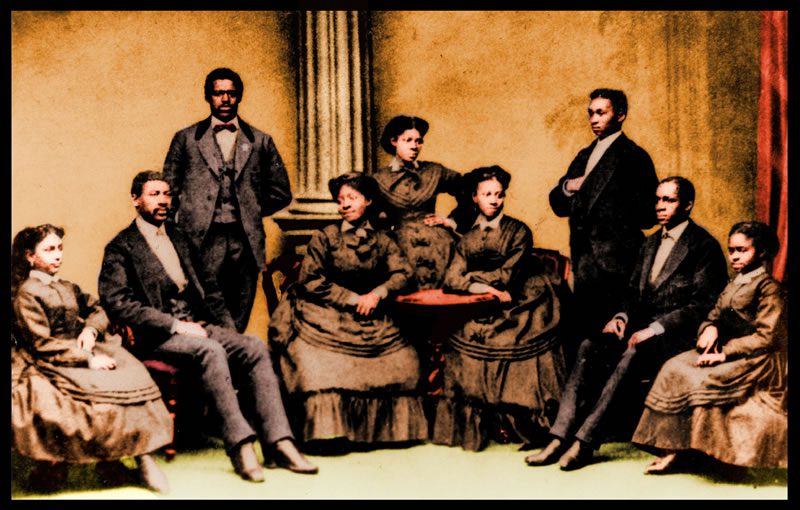Folk music is a type of music that reflects a region’s or community’s culture, traditions, and history. Its simplicity, genuineness, and connection to the people and places it symbolizes define it. Folk music has a rich and diverse global history, and it continues to evolve and inspire people of all ages and cultures.
Folk music can be traced back to the dawn of human civilization when music was utilized for communication, storytelling, and community formation. Different cultures and communities developed their own distinct styles and traditions of folk music over time, reflecting the rhythms, melodies, and instruments of their surroundings.
Folk music is distinguished by its use of acoustic instruments such as guitar, banjo, mandolin, fiddle, and harmonica, as well as its emphasis on narrative and lyrics that express a feeling of history, place, and identity. Folk music is frequently associated with social and political movements, and it has been employed in times of social upheaval and change as a form of protest and resistance.
Bob Dylan, Woody Guthrie, Pete Seeger, and Joan Baez are among the most well-known folk musicians of all time. Their music represented the spirit of the times and highlighted their individual generations’ challenges and aspirations. Folk music, from classic ballads and sea shanties to current adaptations of folk traditions, continues to inspire and connect people all over the world. Folk music is a testament to the power of music to connect people across cultures and generations. It reflects the diversity and richness of human experience, and it celebrates the unique stories and traditions of different communities.


